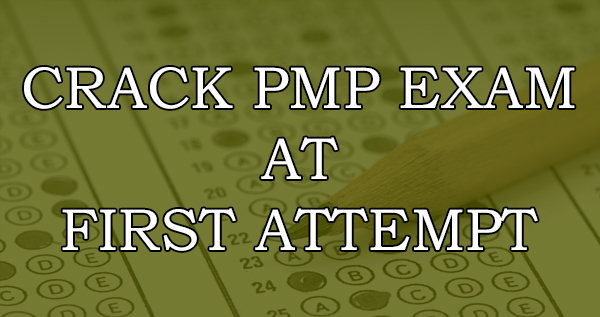PMP (Project Management Professional) and PBA (Professional Business Analyst) are the certification courses offered by PMI i.e. Project Management Institute. PMP Certification makes a project manager pro-efficient in his skills whereas the other is more related to the professionals who want to become a successful business analyst.
Many project managers apply for the PMI-PBA course to broaden their skills or to create more job opportunities for themselves. Similarly, a business analyst can take up the PMP course to become a project manager after gaining sufficient exposure in the industry.
Therefore, we can say that both these courses kind of complement each other. If a business analysis is an essential part of a project then the project manager or program manager should complete the PBA Certification course.

Also, the course selected by the candidates depends on their aspirations as some may want to build a career solely in project management and some might think of switching their career in business analysis.
However, we would advise you to take up both these courses as they will only help you to broaden your career perspective. There are some key differences between both these certifications that should be highlighted to provide more clarity to the candidates.
Prerequisites: PMP v/s PMI-PBA
| Certification Name | Educational Qualification | Experience | Training (contact hours) | Learning Mode |
|---|---|---|---|---|
| PMP (for secondary degree holders) | High school diploma, associate degree, or any other global equivalent | 7500 hours that includes both leading and being a part of projects | 35 hours of training on project management studies | Both Classroom and online |
| PMP (for degree holders) | Four-year degree in related subjects | 4500 hours that includes both directing and being a part of projects | 35 hours of training on project management studies | Both Classroom and online |
| PMI-PBA (for secondary degree and diploma holders) | High school diploma, associate degree, or any other global equivalent | 7500 hours of experience in business analysis + 2000 hours experience of working in project teams | 35 hours of formal education in business analysis | Both online & offline (classroom learning) |
| PMI-PBA (for graduate degree holders) | Bachelor’s degree of related studies or its global equivalent | 4500 hours of experience in business analysis + 2000 hours experience of working in project teams | 35 hours of formal education in business analysis | Both online and offline (classroom learning) |
Hence, we see that though there are some similarities in the eligibility requirements, for applying for the PMI-PBA course, the candidate needs to have experience of working in both business analysis and projects.
To maintain both these certifications, the candidate has to earn 60 PDUs (Professional Development Units) in their related fields.
It means that for maintaining the PMP Certification, the candidate has to earn 60 PDUs in project management topics whereas he/she has to earn 60 PDUs in business analysis concepts to maintain PBA Certification.
Both PMP and PMI-PBA Certification require you to clear a 200 marks test in 240 minutes i.e. 4 hours. However, the PMP Certification test is conducted on the concepts and terminologies of PMBOK (Project Management Body of Knowledge).
On the other hand, the PMI-PBA exam consists of the questions that are based on BA for Practitioners – A Practise Guide and PMI Guide to Business Analysis along with the test content outline of PBA.
The difference in Job Roles
There can be a huge difference in the job roles of a project manager who has obtained a PMP Certification and project manager who has obtained a PMI-PBA Certification.
A project manager who has cleared the PMP exam is expected to increase the productivity of a particular project whereas he will be expected to work as an expert in the business analysis if he holds the PBA Certification.
Therefore, a PMI-PBA Certificate holder might be expected to use his/her expertise outside the given projects to redefine business goals and strategies. Sometimes, he/she will have to contribute to planning and defining a project even before it comes to existence.
A PMP professional who handles project management and manages event portfolio might also need to work outside a project but he/she will certainly not participate in the project planning and designing phase.
How to choose between PMP and PBA?
By acquiring the PMP Certification you can address project management issues with more authority whereas PMI-PBA Certification enhances your all-round skills as a project or program manager.
We can conclude by saying that the job roles of PMP and PBA Certifications are complementary to each other. However, it is the interest level, inclination, and career path of the candidates that urge them to either go for PMP or PMI-PBA Certification or both.




